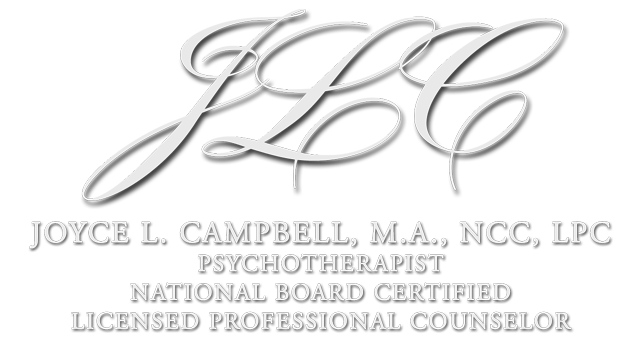Report Abuse or Not?
The Barry family name is well known in their resident city. Having lived there for generations, the family has a high profile. This is due, in part, to several successful businesses they own in the area. Their network of contacts is extensive.
The Barry family is also in chaos. There are rumors within the family about one of the male members. These rumors are tearing the family apart. The main character in these rumors is being accused of sexually abusing one of the children in the family. The family is now divided into two camps. One camp is pushing for an official investigation, while the other is arguing that this would destroy the family name and the family’s high standing in the community.
The first camp is of the opinion that the victimized child’s life is far more significant than a possible scandal involving the family’s good name. They believe a truly great family would never consider ignoring a child’s accusations. Yet even some of these members are considering subjugating to the more powerful members within the family to keep the peace.
The family member who came to see me said, “I’m sick and tired of kowtowing to the branch of our family that has more clout in our community. Their political and economic power intimidates many of the population living here. Their control needs to be diminished to bring more balance into this town. Too many of the citizens are afraid of pushing back at them for fear of themselves or loved ones losing their jobs. Blackballing individuals would not be below their ways of operating. Obviously, they are not always right. We need to stand up to them, especially in this case, and model appropriate behavior. A child’s future is at stake.” It appears that not only many townspeople chronically subjugate to this powerful segment of the Barry family but also less prominent members of the same family. Frustration and anger, as a result of chronic subjugation, are not healthy ingredients for a family nor a town.
Which camp would you join?
Would you be compelled to subjugate to the more powerful members of the family or would you stand against them?
The above illustration covers one type of abuse. As found in the chapter on abuse (chapter 3), there are many types of abuse that can occur in numerous settings. Emotional and/or physical abuse can take place almost anywhere. Too often emotional and physical abuse go hand in hand; where one is found, the other is usually present. An endless number of environments could be cited: the home, playground, workplace, nursing home, private or public property, to name a few. The nature of the relationship is also multifold. Parent to Parent, parent to child, romantic relationship or friendship, teacher to child, coach to adolescent, boss to employee, co-worker to co-worker, the list could go on and on. No one is too young or too old to escape this hideous maltreatment. Some undergo this type of abuse in more than one area of their lives.
Withdrawing from an abusive romantic relationship or friendship is absolutely possible. This is a challenging task yet completely doable. Support from friends and an experienced therapist in this field will increase the possibility of success greatly. If you, a friend, or a loved one are experiencing this abuse, talk to a family member or doctor that you trust and/or call Social Services in your county. If the need is immediate dial 911. You may also contact the appropriate hotline listed at the end of this section. These experienced individuals will be able to share with you how to best help yourself and provide resources for how you may do this.
Over time, therapy for victimized children and adults can afford extensive good in changing false beliefs, relieving emotional pain, recovering from forced or voluntary constant compliance, and dealing with other mental disorders often present as a consequence of emotional and physical abuse. Ideally, treatment earlier rather than later will benefit the abused tremendously.
Following you will find the hotlines and/or websites to aid when various types of abuse are being perpetrated:
- Childhelp National Child Abuse Hotline at 1-800-4-A-Child (1-800-422-4453)
- For domestic violence contact the National Domestic Violence Hotline: 1-800-787-3224 www.thehotline.org
- To get help with teenage dating abuse contact loveisrespect.org — this national program provides a hotline, live chat, texting, and other services. Call 1-866-331-9474.
- For help with physical and sexual abuse contact The Rape, Abuse, Incest National Network: 1-800-656-HOPE
- For a list of shelters in the US see Women’sLaw.org. Phone: 1-800-799-7233
- For help finding a lawyer go online to contact the Commission on Domestic and Sexual Violence
- National Coalition Against Domestic Violence 1-303-839-1852
